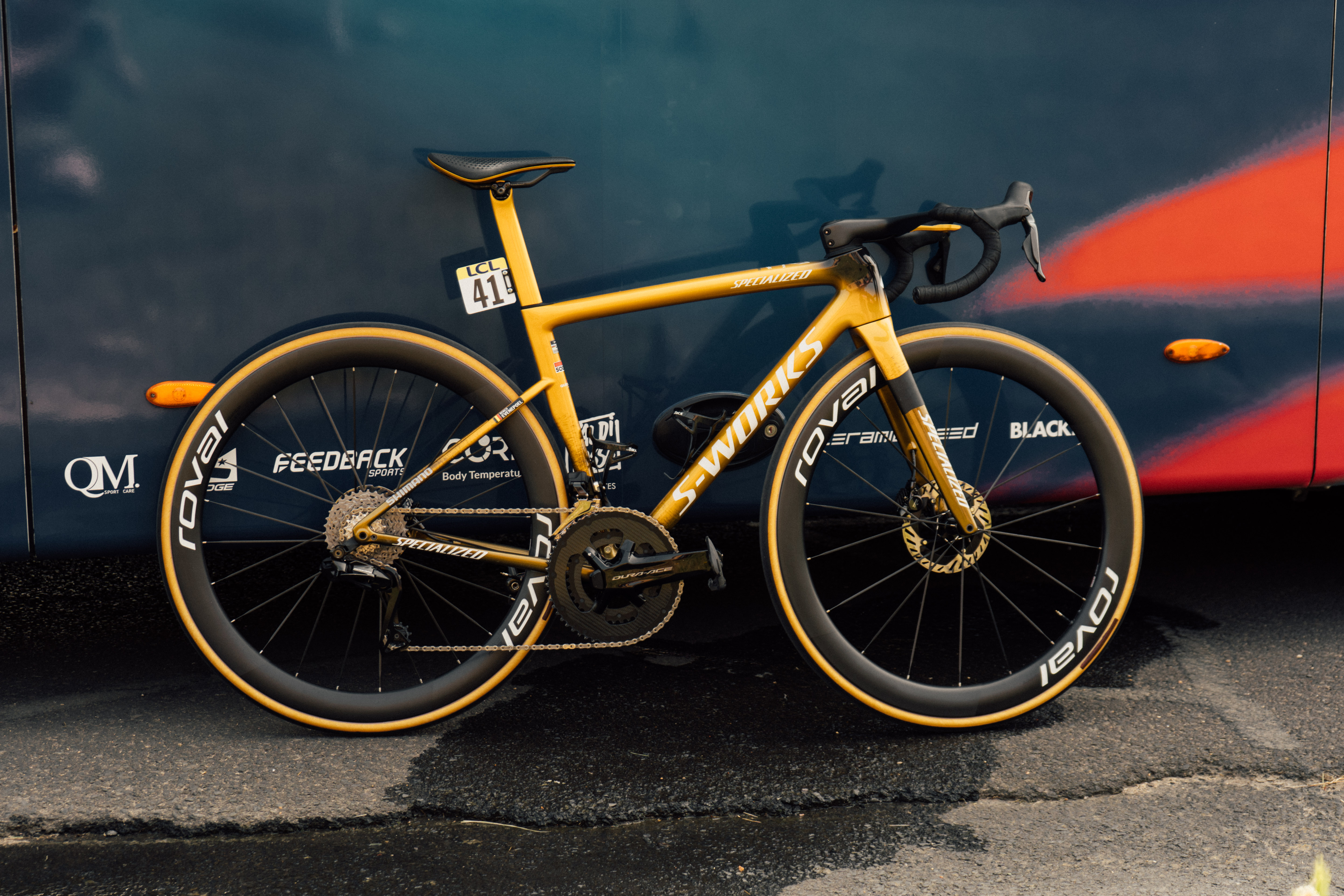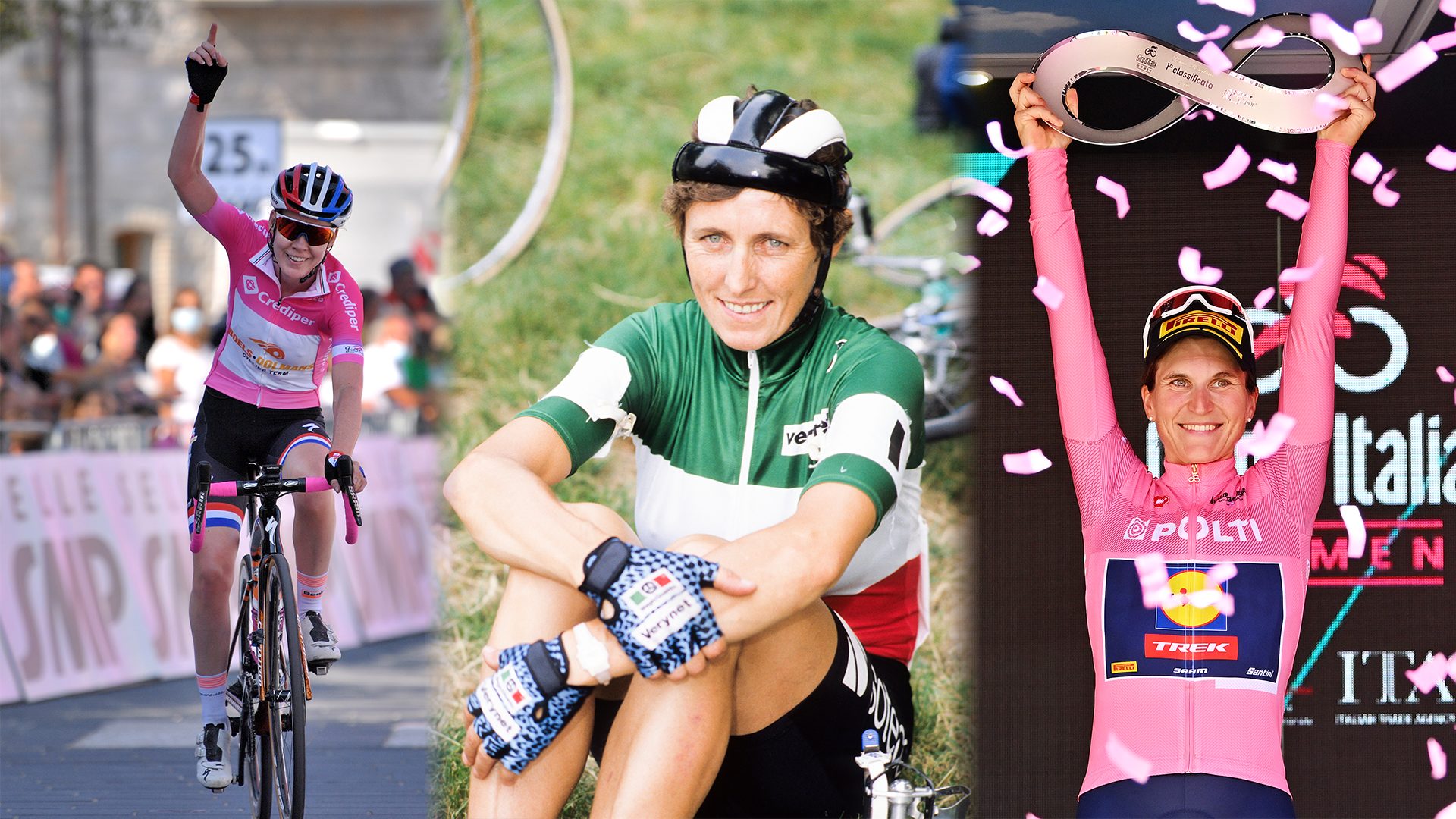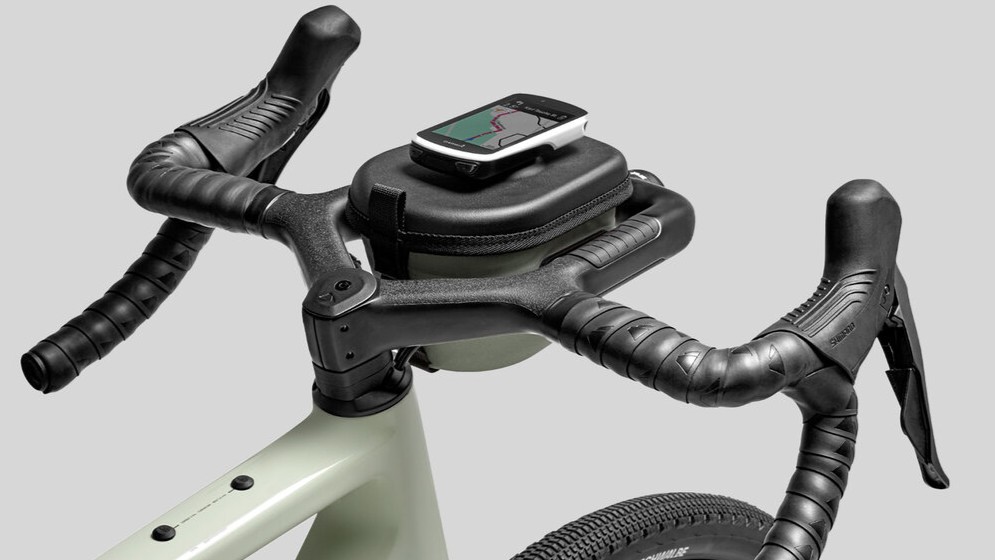Amstel Gold Race 2018 - Preview
New finale means unpredictable racing for first Ardennes period event
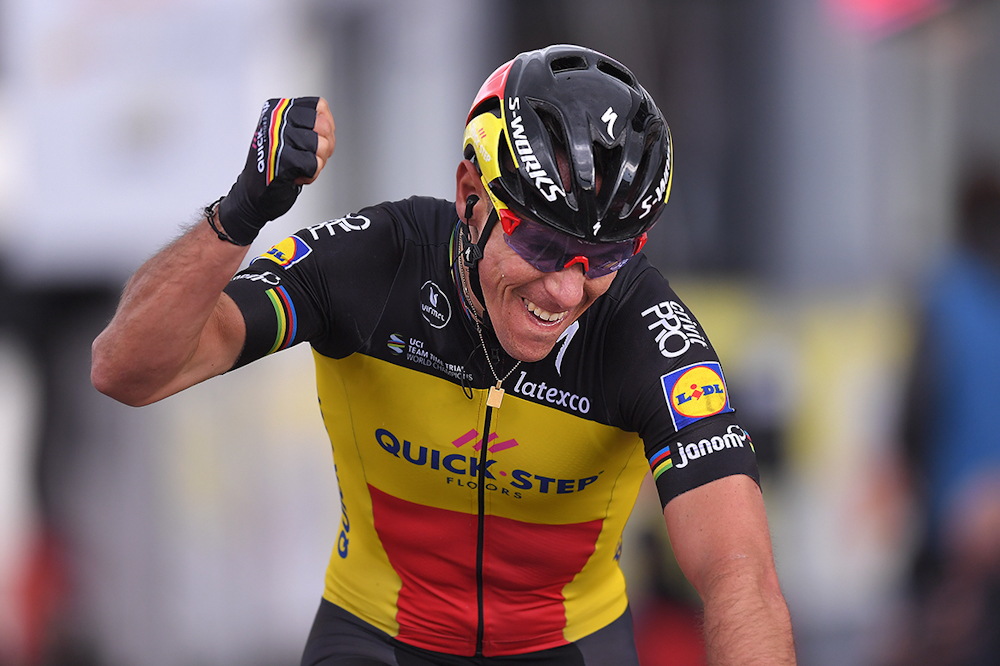
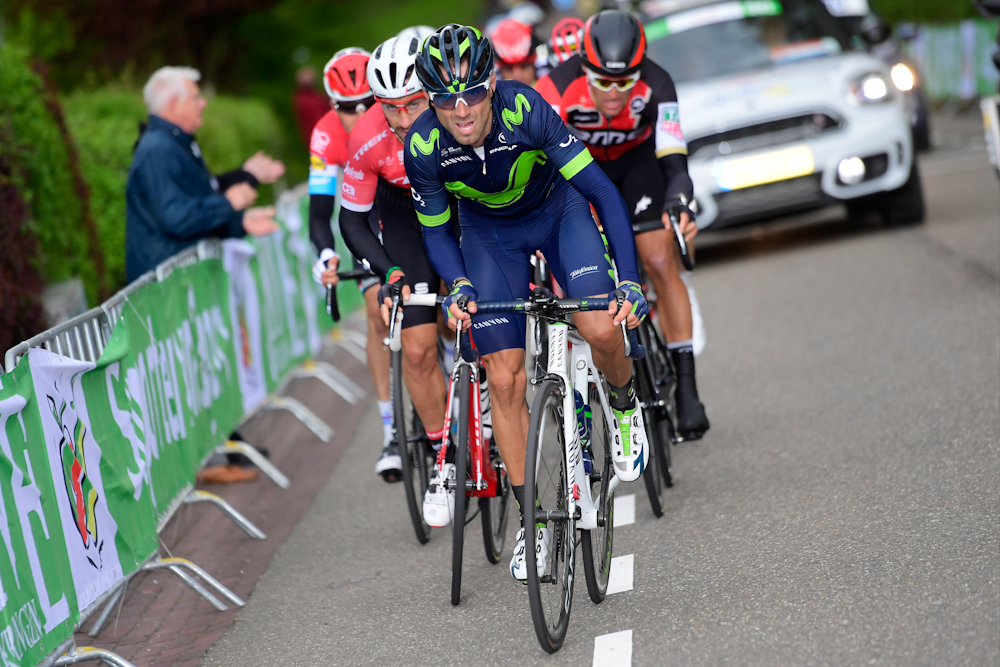
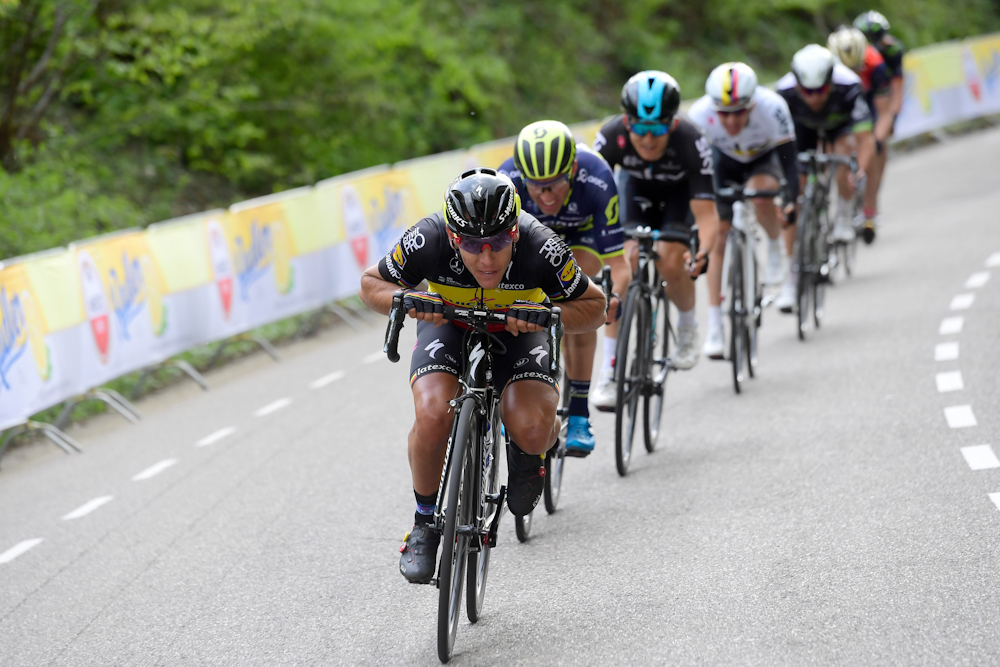
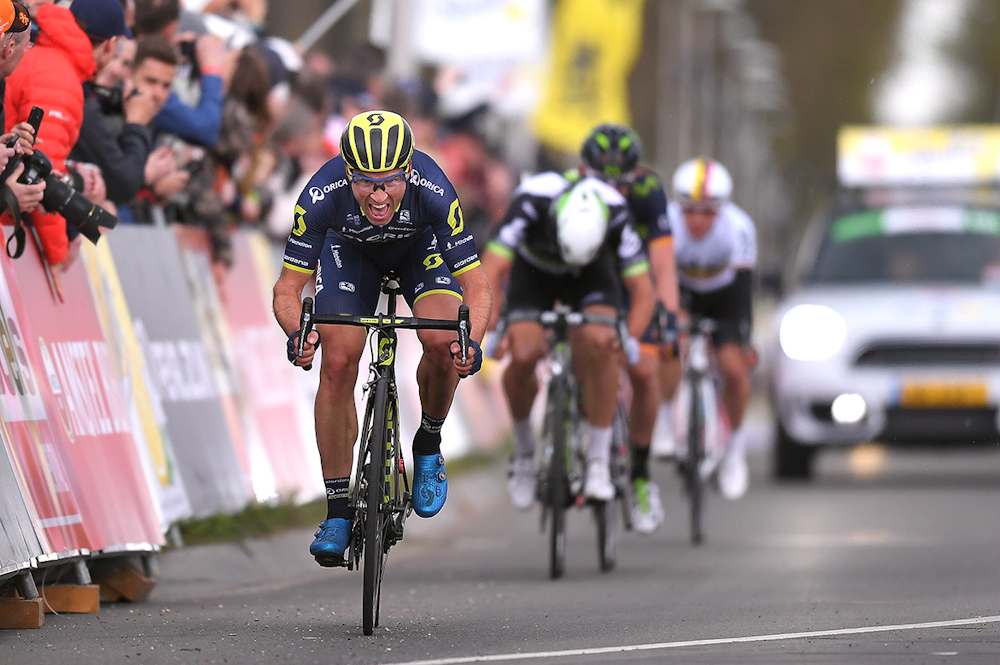
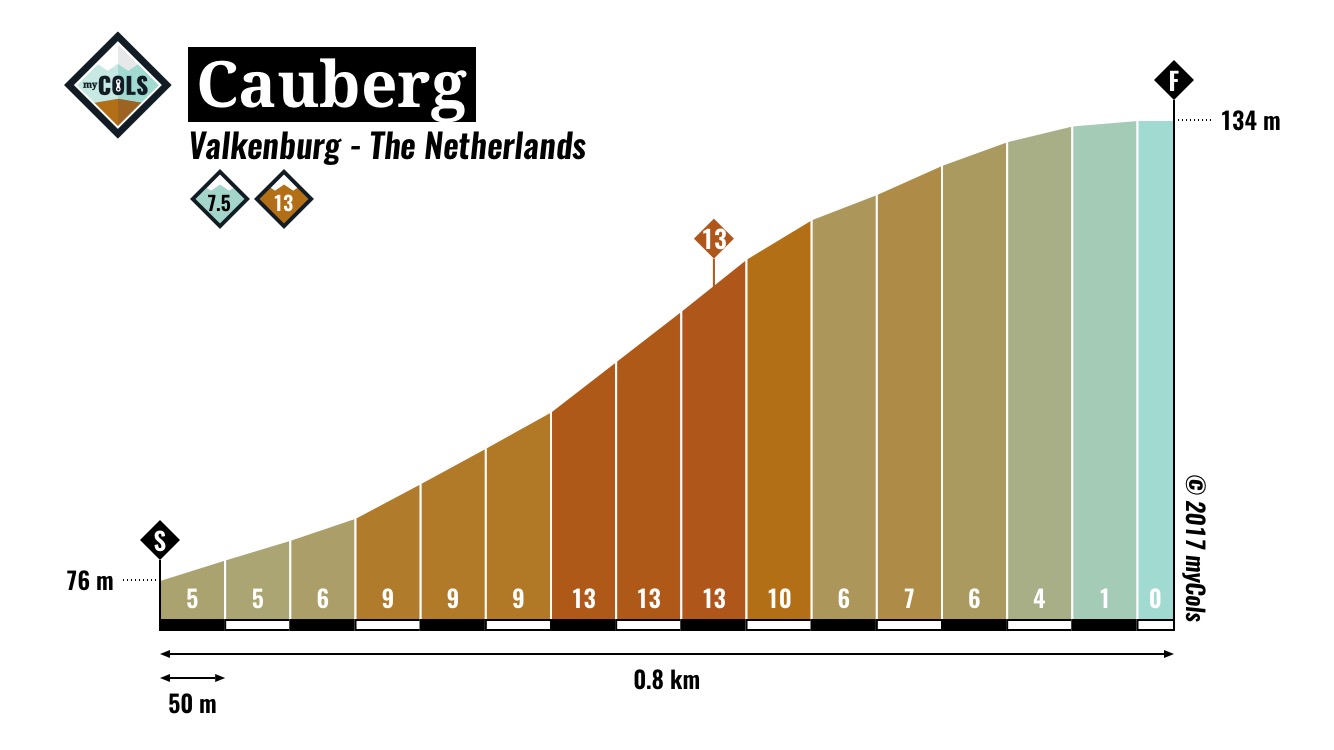
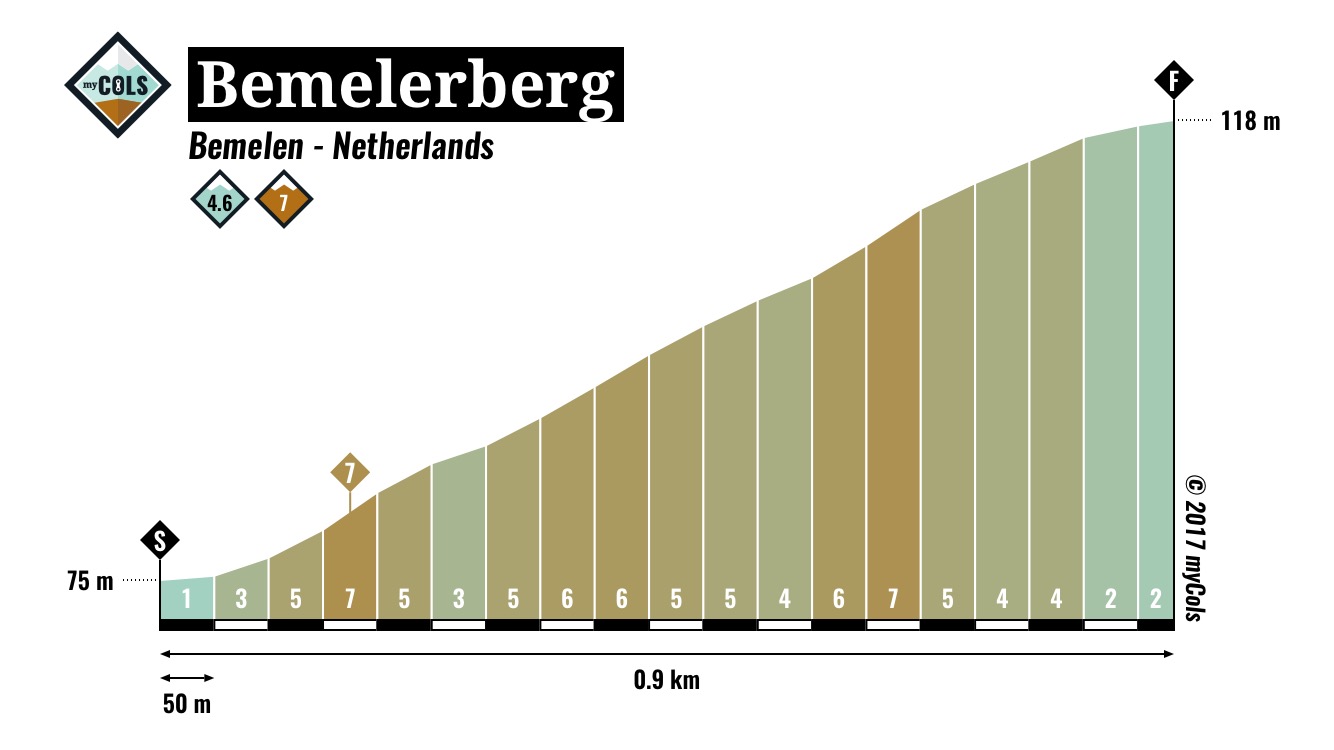
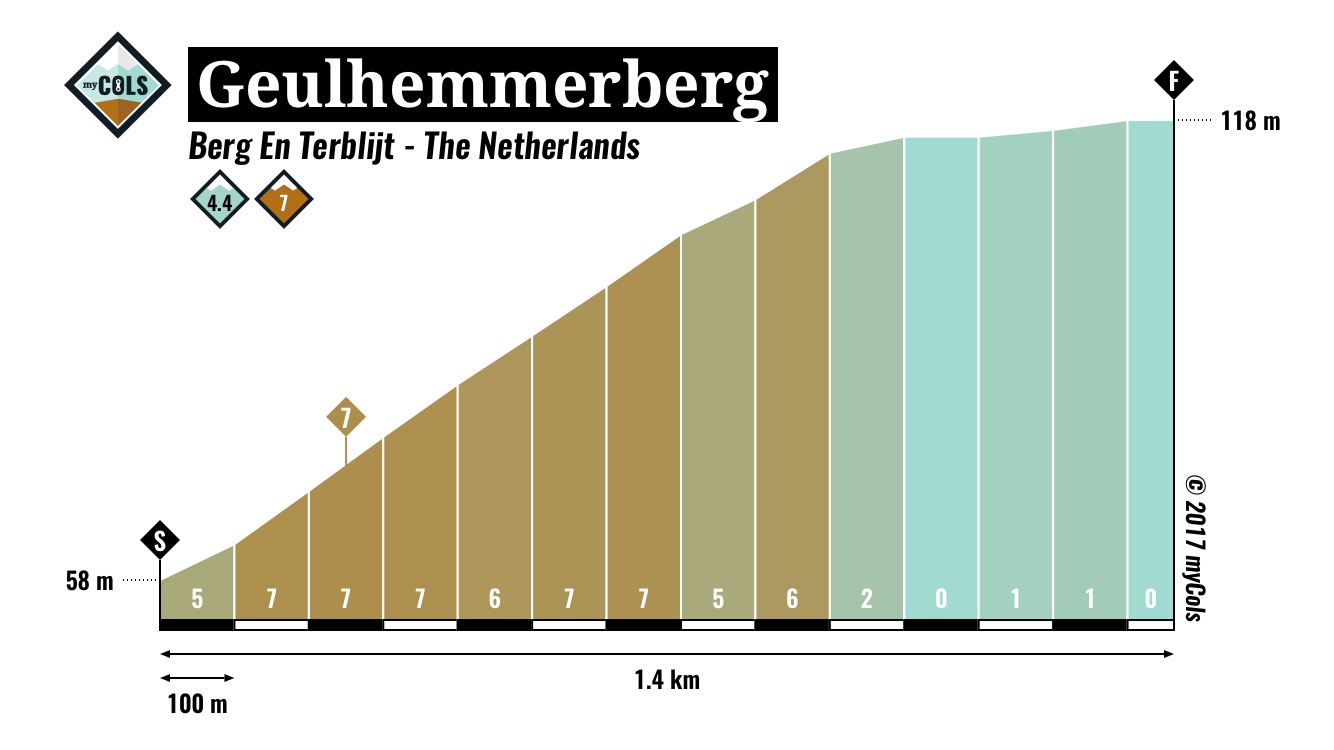
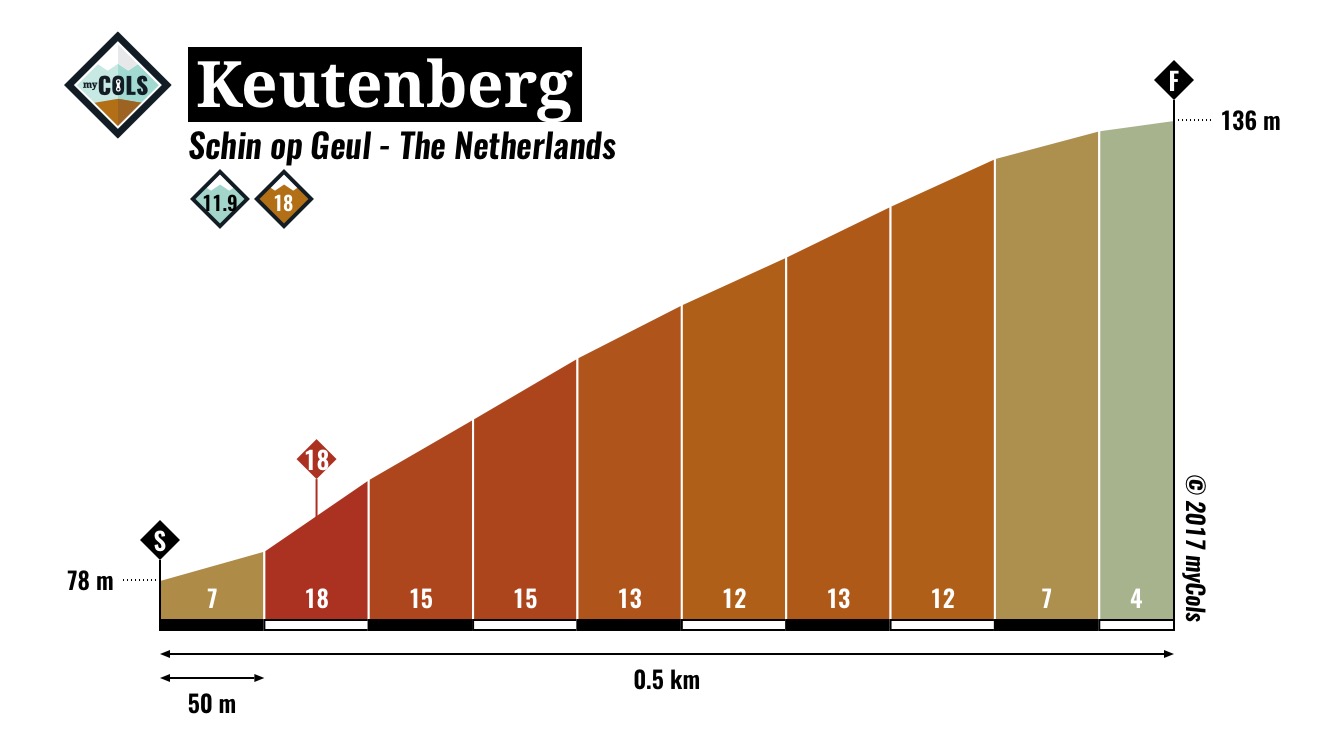
With a newly redesigned finale, no single stand-out favourite, and all the usual risks, challenges and excitement of more than six hours of racing along narrow, winding, constantly undulating country roads mean this year's Amstel Gold Race can be summed up in just two words: completely unpredictable.
In 2017, the widely praised removal of the fourth and final ascent of the emblematic Cauberg climb made for a far more open finale to Amstel Gold, even if the winner, Philippe Gilbert (Quick-Step Floors), was hardly a newcomer to the top-most podium step of the Netherlands' biggest WorldTour race.
In 2018, the latest round of changes to the Amstel Gold finale - the third since 2012 - is deceptively minor, given that "all" that is altered is the way that the race comes off the two, relatively easy, final ascents, the Geulhemmerberg and Bemelerberg, with 13.7 kilometres and 6.9 kilometres to go.
However, this change could matter much more than one might think. The roads that follow the Geulhemmerberg and Bemelerberg are reportedly highly technical, many of them containing downhill segments, meaning chase groups will have their work cut out to try and bring back the breakaways that go clear on the climbs. If it rains, their task will be even harder.
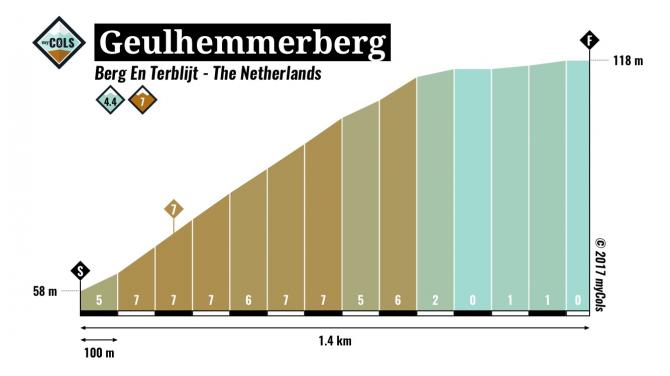
The Geulhemmerberg climb (www.mycols.net)
Other crucial pinch points among the 35 ascents that pepper the 263-kilometre course are better-known terrain and more obvious: the Loorberg climb, with 54 kilometres to go, the Eyserbosweg, 37 kilometres from the finish, and above all the Keutenberg, 28 kilometres from the finish and rated the single steepest ascent of the Netherlands. Because the ascents are so spread out in Amstel Gold, even the more versatile cobbled Classics racers still have an excellent chance of success unlike in Liège-Bastogne-Liège, which tends to be seen as a Classic for stage racers and climbers.
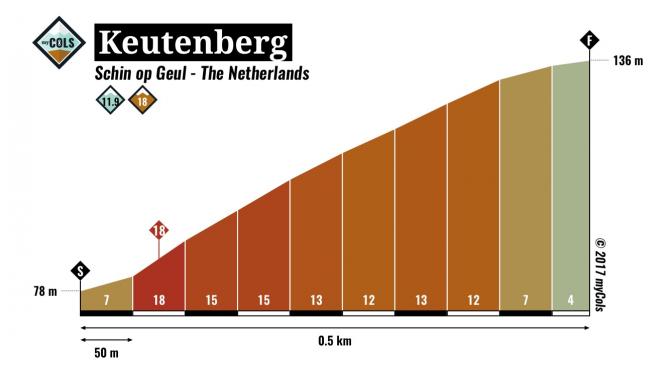
The Keutenberg climb (www.mycols.net/)
This enormously broadens out the plateau of favourites but - and herein lies the intrigue - almost all of them have a potential weak point, too. Four-time winner Gilbert should be the odds-on favourite, but quite apart from how well he'll adapt to the new finale, come Sunday the Belgian star could still be feeling the after-effects of his first participation in Paris-Roubaix since 2007. Just like Gilbert, Peter Sagan (Bora-Hansgrohe), Greg Van Avermaet (BMC Racing Team) and Niki Terpstra (Quick-Step Floors) were all major players in Paris-Roubaix and the preceding Classics - and could have depleted reserves for Amstel Gold.
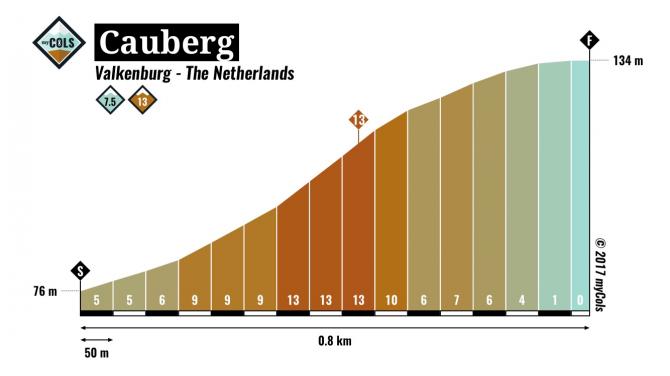
The Cauberg climb (www.mycols.net/)
On paper, Alejandro Valverde (Movistar Team) should be the clearest candidate to fill any resulting power vacuum. But up to now the Spaniard has had a bizarre lack of success in Amstel Gold Race, with zero wins tempered by three podium finishes (as well as a fourth and a sixth place) but a poor booty compared to his staggering total of nine victories in the Belgian Ardennes.
Equally, Tim Wellens, Tiesj Benoot and Lotto-Soudal come into the race with a major morale boost after Wellens' superb victory in Wednesday's De Brabantse Pijl-La Flèche Brabançonne. However, with no disrespect to Wellens, the Amstel Gold Race is a much harder challenge with a much longer list of rivals.
Solid favourites include: Bahrain-Merida with former double Amstel Gold Race winner Enrico Gasparotto, Team Sky with Wout Poels and Michal Kwiatkowski - second last year and a winner in 2015, Katusha's Nathan Haas, UAE Team Emirates Dan Martin, Diego Ulissi and Rui Costa, Team Sunweb's Michael Matthews, a collectively powerful-looking Mitchelton Scott including Roman Kreuziger, a winner in 2013, and Julian Alaphilippe (Quick-Step Floors).
Riders able to find a fast turn of speed after a long day in the hills have to be included as contenders, too: riders like Dylan Teuns (BMC Racing Team), Sonny Colbrelli (Bahrain-Merida) and Omar Fraile (Astana). Keep an eye out, too, for Damiano Cunego (Nippo Vini Fantini-Europa Orvini), the 2008 winner riding his last ever Amstel Gold Race before he hangs up his wheels at the end of this season.
The latest race content, interviews, features, reviews and expert buying guides, direct to your inbox!
Alasdair Fotheringham has been reporting on cycling since 1991. He has covered every Tour de France since 1992 bar one, as well as numerous other bike races of all shapes and sizes, ranging from the Olympic Games in 2008 to the now sadly defunct Subida a Urkiola hill climb in Spain. As well as working for Cyclingnews, he has also written for The Independent, The Guardian, ProCycling, The Express and Reuters.
Latest on Cyclingnews
-
Remco Evenepoel's bike for the Tour de France: New wheels, new chainrings, and that beautiful gold paint
A look at the double Olympic Champion's gold Tarmac SL8, as well as more of the Belgian's notable custom bikes over the years -
Iconic ascents, unpredictability and 'a little bit of craziness' - Tales from the women's Giro d'Italia
From the very first winner in 1988, 'La Mamma Volante', to the latest 'amazing journey' that put Elisa Longo Borghini in the maglia rosa in her 13th participation -
Canyon overhauls the Grizl gravel bike and gives it a crazy new handlebar
Canyon has also released it's own range of carbon fibre wheels alongside the new Grizl gravel models -
On the road with Philippa York and David Walsh – 'The Escape: The Tour, the Cyclist and Me' book extract
York and Walsh discuss the Tour de France, gender in sport, doping, and much more in wide-ranging new book

